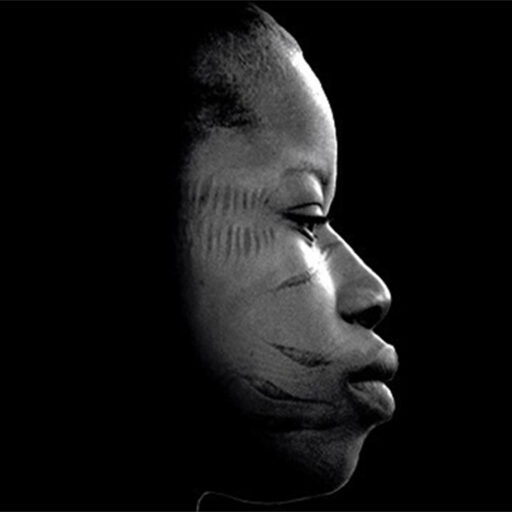Brazil’s Supreme Federal Tribunal unanimously approved the continued use of racial quotas in the University of Brasilia in a 10-0 vote Thursday. The decision reaffirmed a policy adopted by a number of Brazilian universities to institute the practice of affirmative action in university admissions as a tool to combat racial inequality and improve access to higher education for Brazilians who identify asnegro (black) or pardo (brown).
Racial quotas were first instituted in the University of Brasilia in 2004, permitting university candidates who self-identified as black to gain greater access to the university. The policy was challenged in 2009 by Brazil’s Democratas Party (DEM), which brought the case before the high court.
Critics of racial quotas in Brazilian universities say that the quotas permit race-based discrimination by allowing race to be a factor in the admissions process. DEM argued that racism was never institutionalized in Brazil as in countries like the U.S. and South Africa, rendering affirmative action unnecessary. According to DEM lawyer Roberta Kaufmann, “a certain social discrimination” against blacks occurs, but can’t be compared to other countries that now use affirmative action to combat institutionalized racism.
That assertion was disputed by University of Brasilia lawyer Indira Quaresma, who is black. “Racial democracy does not exist,” Quaresma said. “The black community urgently needs emblematic personalities. Blacks only experience social mobility in soccer, music, and narcotrafficking.”
Judge Ricardo Lewandowski, who opened arguments on the case, said that although he rejected the “biological notion of race”, he acknowledged “the reduced number of negros or pardos who exercize high posts” in Brazil due to “camouflaged or implicit discrimination that still exists in the shadow of a complacent State”.
Joaquim Barbosa, the lone black judge in Brazil’s highest court, cited U.S. President Barack Obama as a successful example of affirmative action policies in the U.S. that Brazil should emulate.
The UN expressed support for maintaining Brazil’s racial quotas, as did African-American film director Spike Lee, who visited with Brazilian President Dilma Rousseff in Brasilia on Thursday after a visit to the Supreme Federal Tribunal.
The lawsuit against the University of Brasilia is one of several others scheduled to come before the Supreme Federal Tribunal. The Federal University of Rio Grande do Sul and the Universidade Para Todos (Prouni) also face lawsuits for instituting racial quotas.
Fonte: Lista Racial




